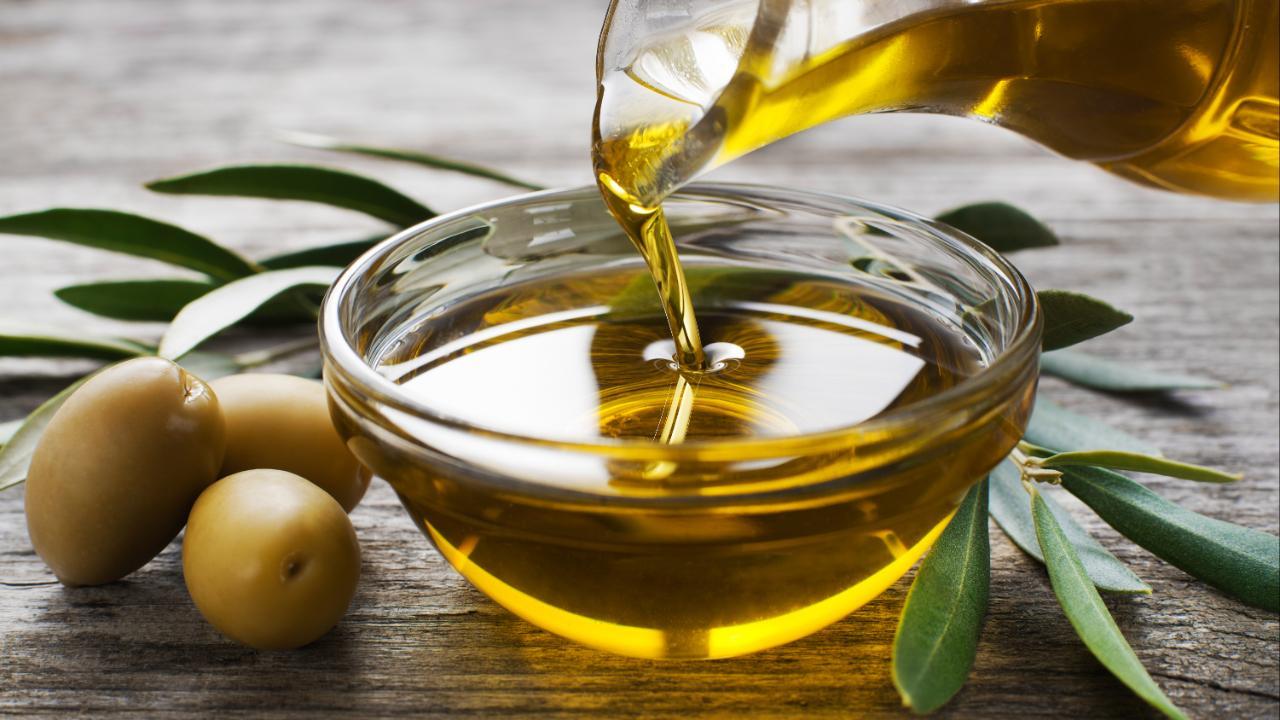
A new research suggests that an organic byproduct of olive oil production may have antioxidant effects and benefit physical activity.
The study is the first to examine the advantages of natural olive fruit water for those who engage in physical activity, and it was conducted by nutritionists at Anglia Ruskin University (ARU) and published in the journal Nutrients.
Olive fruit water is a waste product derived from producing olive oil. Olives contain polyphenols which have antioxidant properties, and a commercially available olive fruit water product, called OliPhenolia, contains a number of phenolic compounds and is particularly rich in hydroxytyrosol.
The first study into its potential benefits for people who exercise involved 29 recreationally active participants who consumed either OliPhenolia or a placebo, matched for taste and appearance, over 16 consecutive days, and it found positive effects on several key markers of running performance.
OliPhenolia consumption improved respiratory parameters at the onset of exercise as well as oxygen consumption and running economy at lower levels of intensity (lactate threshold 1).
Respiratory parameters at a higher intensity (lactate threshold 2) were largely unaffected, but perceived exertion — how hard participants thought their body was working — was improved, as was acute recovery following incremental exercise.
Lead author Dr Justin Roberts, Associate Professor in Health & Exercise Nutrition at Anglia Ruskin University (ARU), said: “For a long time I`ve been interested in the exercise benefits of polyphenols, such as those derived from cherries and beetroot. You would have to consume large quantities daily to gain similar benefits from olives, which isn`t realistic, so we were keen to test this concentrated olive fruit water.
“Like olive oil it contains hydroxytyrosol, but this olive fruit water is a sustainable by-product. It`s typically thrown away during the production of olive oil, and we found a company in Italy — Fattoria La Vialla, a biodynamic farm in Tuscany — that decided to turn this wastewater into a dietary supplement.
“Ours is the first study to investigate the use of this olive fruit water in an exercise setting and we found that 16 days of supplementation could have a positive influence on aerobic exercise, most notably at submaximal levels.
“We found that reduced oxygen cost and improved running economy, as well as improvements in acute recovery, indicate it could potentially benefit those undertaking regular aerobic exercise training.
“We now intend to carry out further research at Anglia Ruskin University to corroborate these findings. We are also looking to investigate whether this product can be used for marathon training and recovery, as well as test its effectiveness in suppressing inflammation associated with exercise.”
Read More: Avocado, Aloe vera, and Olive oil: 8 masks to get a glowing skin in winter
This story has been sourced from a third party syndicated feed, agencies. Mid-day accepts no responsibility or liability for its dependability, trustworthiness, reliability and data of the text. Mid-day management/mid-day.com reserves the sole right to alter, delete or remove (without notice) the content in its absolute discretion for any reason whatsoever
Stay connected with us on social media platform for instant update click here to join our Twitter, & Facebook
We are now on Telegram. Click here to join our channel (@TechiUpdate) and stay updated with the latest Technology headlines.
For all the latest Health & Fitness News Click Here
